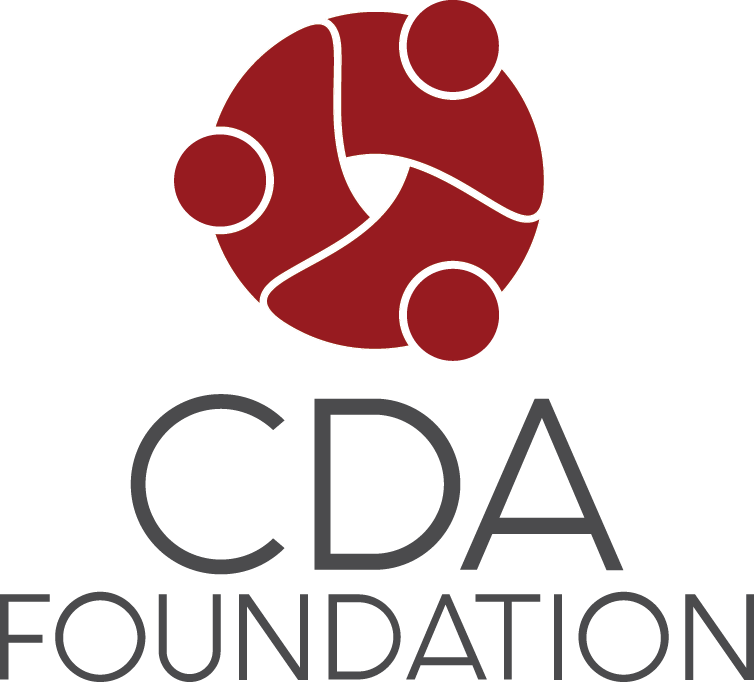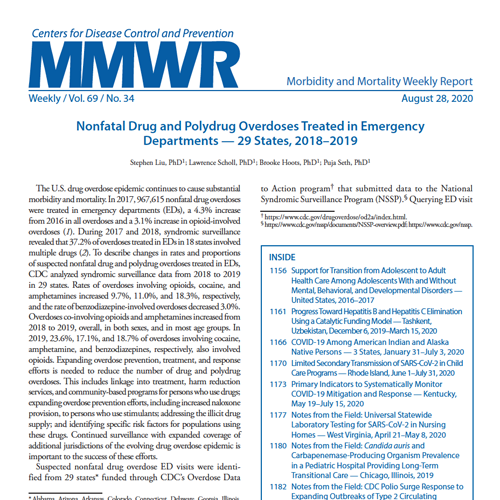Summary
In 2016, the World Health Organization (WHO) set hepatitis elimination targets of 90% reduction in incidence and 65% reduction in mortality worldwide by 2030 (1). Hepatitis B virus (HBV) and hepatitis C virus (HCV) infection prevalences are high in Uzbekistan, which lacks funding for meeting WHO’s targets. In the absence of large financial donor programs for eliminating HBV and HCV infections, insufficient funding is an important barrier to achieving those targets in Uzbekistan and other low- and middle-income countries. A pilot program using a catalytic funding model, including simplified test-and-treat strategies, was launched in Tashkent, Uzbekistan, in December 2019. Catalytic funding is a mechanism by which the total cost of a program is paid for by multiple funding sources but is begun with upfront capital that is considerably less than the total program cost. Ongoing costs, including those for testing and treatment, are covered by payments from 80% of the enrolled patients, who purchase medications at a small premium that subsidizes the 20% who cannot afford treatment and therefore receive free medication. The 1-year pilot program set a target of testing 250,000 adults for HBV and HCV infection and treating all patients who have active infection, including those who had a positive test result for hepatitis B surface antigen (HBsAg) and those who had a positive test result for HCV core antigen. During the first 3 months of the program, 24,821 persons were tested for HBV and HCV infections. Among those tested, 1,084 (4.4%) had positive test results for HBsAg, and 1,075 (4.3%) had positive test results for HCV antibody (anti-HCV). Among those infected, 275 (25.4%) initiated treatment for HBV, and 163 (15.2%) initiated treatment for HCV, of whom 86.5% paid for medications and 13.5% received medications at no cost. Early results demonstrate willingness of patients to pay for treatment if costs are low, which can offset elimination costs. However, improvements across the continuum of care are needed to recover the upfront investment. Lessons learned from this program, including the effectiveness of using simplified test-and-treat guidelines, general practitioners in lieu of specialist physicians, and innovative financing to reduce costs, can guide similar initiatives in other countries and help curb the global epidemic of viral hepatitis, especially among low- and middle-income countries.
Countries: Uzbekistan

